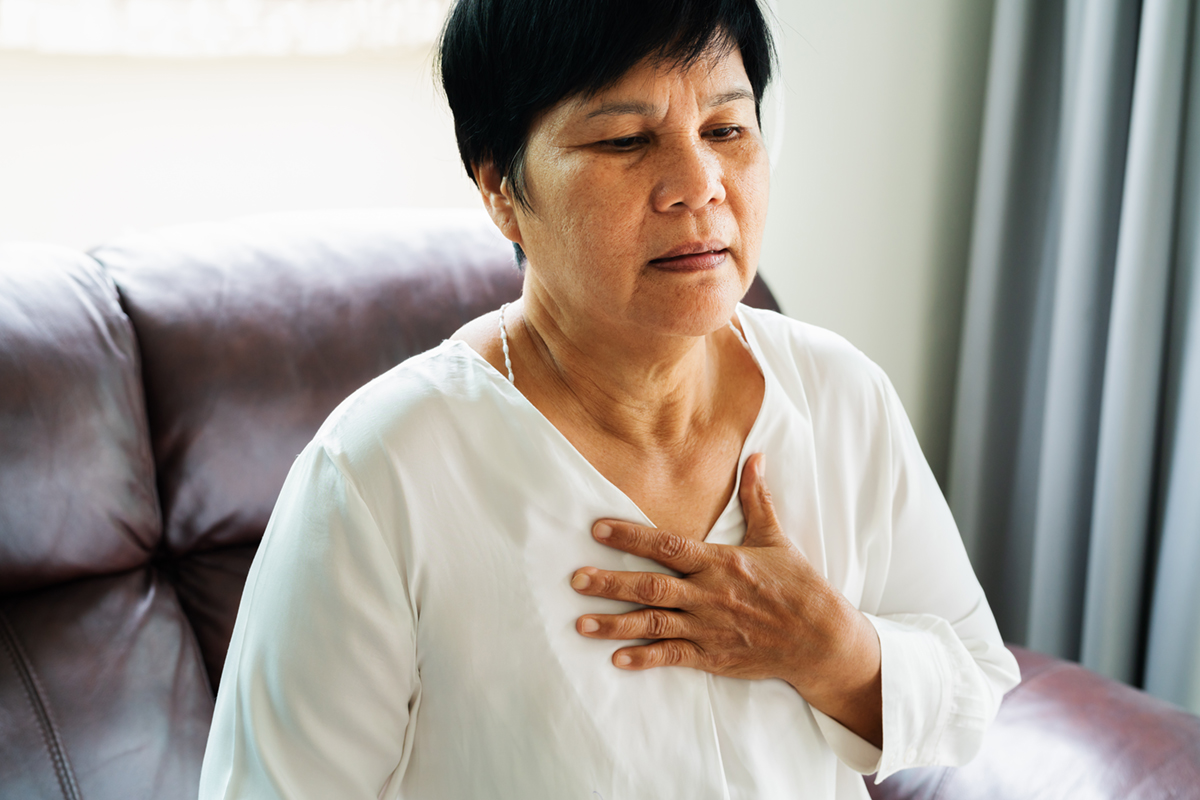Table of Contents
Palpitations are defined as those intense pounding or racing feelings in your heart. When having heart palpations, you may become suddenly aware of your heartbeat. You could also feel that your heartbeat does not feel as it used to be. When experiencing palpations, you could also feel skipped heart beats, or pauses; but you could also feel extra beats, an odd flip-flopping sensation, or even a fluttering feeling in your chest. Have you ever felt any of those unusual sensations? They are all the symptoms of heart palpitations. Sometimes heart palpitations can even be life-threatening problems and are very serious and should be taken care of.
 What are heart palpitations?
What are heart palpitations?

Palpitations are perceived changes in the rate, rhythm, or the strength of the heartbeat. Although heart palpitations can be frightening, this phenomenon usually is not as serious as many people think.
Causes of heart palpitations
Palpitations are a common consequence of anxiety, a lack of sleep, using certain prescription medicines, excessive use of caffeine, or too much heavy exercise. They also may be a sign of heart disease or some other diseases that affect the heart or other parts of the body. Heart palpitations usually occur when something disrupts the normal electrical activity or function of the heart. They could occur when the heart is beating too quickly, too slowly, or irregularly. You could also feel heart palpitations when the heart is contracting more forcefully than usual. Sometimes heart palpitations can occur for unknown reasons in people with no evidence of heart disease or arrhythmia at all. Arrhythmias may occur in otherwise healthy individuals in response to certain lifestyle factors. Arrhythmias commonly appear in situations in which people using prescription medications or other drugs. In some individuals, arrhythmias occur due to an underlying condition or illness as a previously existing problem.
Lifestyle factors that can cause palpitations include strong emotions, strenuous exercise, smoking, and consuming too much caffeinated beverages such as coffee, tea, cola, or other caffeine-containing product such as chocolate. Drinking too much alcohol, experiencing stress or anxiety, using certain medications (diet pills or thyroid hormone replacement), and certain recreational drugs could provoke heart palpitations.
Some of the conditions that can cause palpitations include serious illness or fever, nausea and vomiting, thyroid gland disease, anemia (a decreased number of red blood cells), and heart disease. It is not so rare that lung disease and adrenal gland tumor, as well as hypoglycemia, provoke heart palpitations. Pregnancy is also a condition sometimes marked with heart palpitations. Patients with heart disease, rhythm problems, or valve problems such as mitral valve prolapse are very likely to have heart palpitations. Medicines, such as diet pills, some herbal supplements, and certain cold and allergy remedies are a possible cause of heart palpitations as well.
- Photo courtesy of Patrick J. Lynch by Flickr : www.flickr.com/photos/patrlynch/450128330/
- en.wikipedia.org/wiki/Palpitation
- www.nlm.nih.gov/medlineplus/ency/article/003081.htm
- heartdisease.about.com/cs/arrhythmias/a/palpitations.htm

